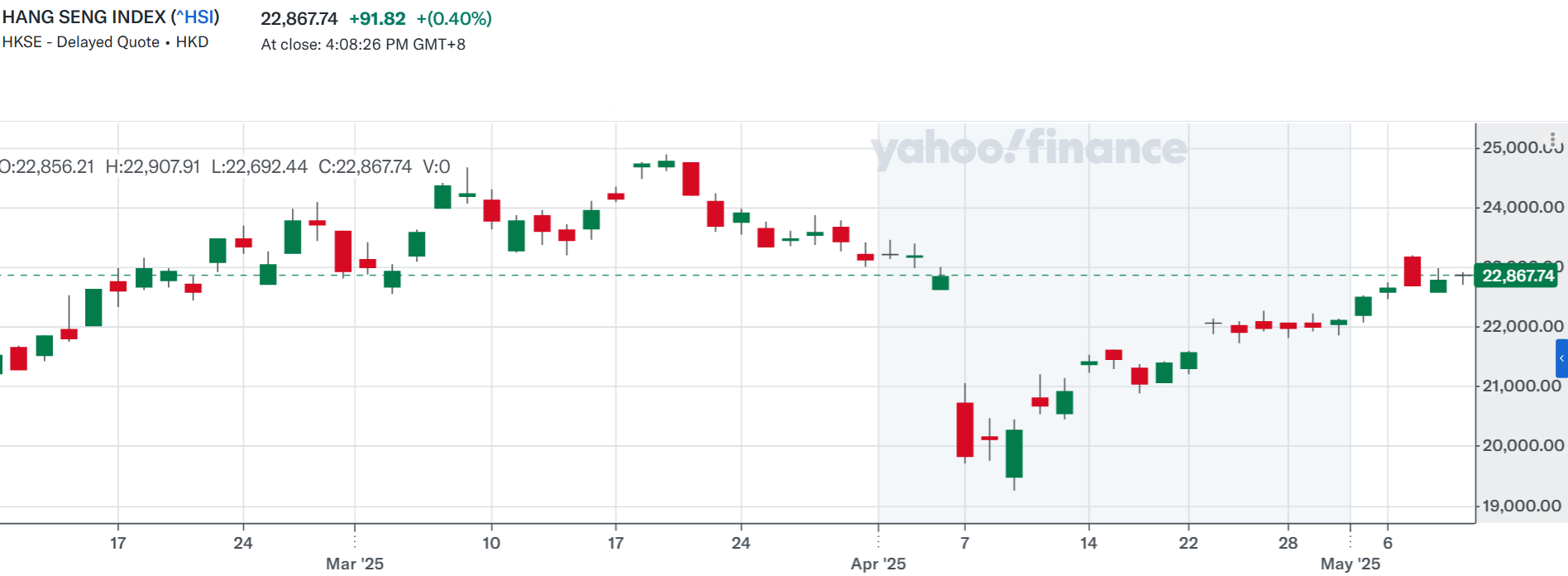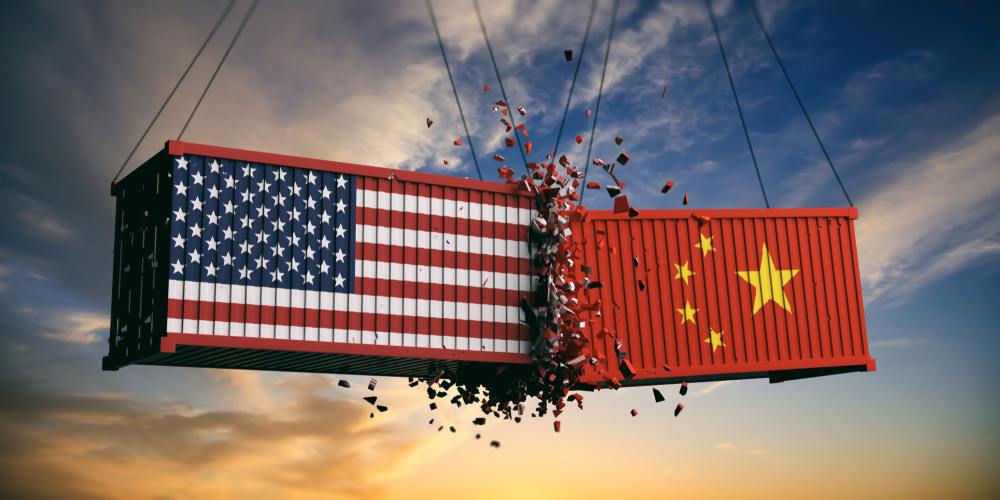Protecting the economy
China's recent policy moves directly respond to the growing damage caused by US tariffs, which have reached as high as 145% on some Chinese goods. These levies have not only disrupted global trade but also rattled Chinese businesses and policymakers.
To soften the blow, the People's Bank of China unveiled a package of monetary easing measures on Wednesday, including a 10bp cut in the seven-day repo rate from 1.5% to 1.4% and a 50bp cut in the reserve requirement ratio for banks.
The loosened reserve requirements alone are expected to inject about 1 trillion yuan ($138.5 billion) into the financial system. Together, these measures aim to insulate the economy from external shocks and maintain momentum in the face of increasingly hostile trading conditions.
Stimulus targeting key sectors
In addition to freeing up bank reserves, the central bank is extending support to sectors most affected by slowing demand and financial uncertainty. Mortgage rates under the National Housing Fund will be cut by 25 basis points, bringing the five-year lending rate for first-time homebuyers to 2.6%.
Automobile financing companies will also see their reserve requirements gradually reduced to zero, a clear sign of Beijing's intention to stimulate consumption. In addition, a 500-billion-yuan re-lending program will be launched to support consumption and the elderly care industry, as part of a broader strategy to stabilize employment.
Officials have also acknowledged that while borrowing remains soft, these measures are designed to ease financial constraints and signal long-term support for the private sector and struggling property markets.

Source: Yahoo Finance
Crucial week ahead
While markets welcomed the measures, many analysts warn that China's room for maneuver is shrinking. The yuan has shown signs of stabilizing from recent lows, giving some breathing space for rate cuts without triggering capital flight.
However, with no new fiscal stimulus in sight and credit demand still lagging, expectations for a quick economic turnaround are low. All eyes now turn to Switzerland, where Vice Premier He Lifeng will meet US Treasury Secretary Scott Bessent for the first high-level trade talks since the recent tariff escalation.
While hopes for a breakthrough remain uncertain, Beijing's policy shift underscores a growing sense of urgency: it is preparing for a long fight, with tools in hand and a focus on insulating the economy from external volatility.




